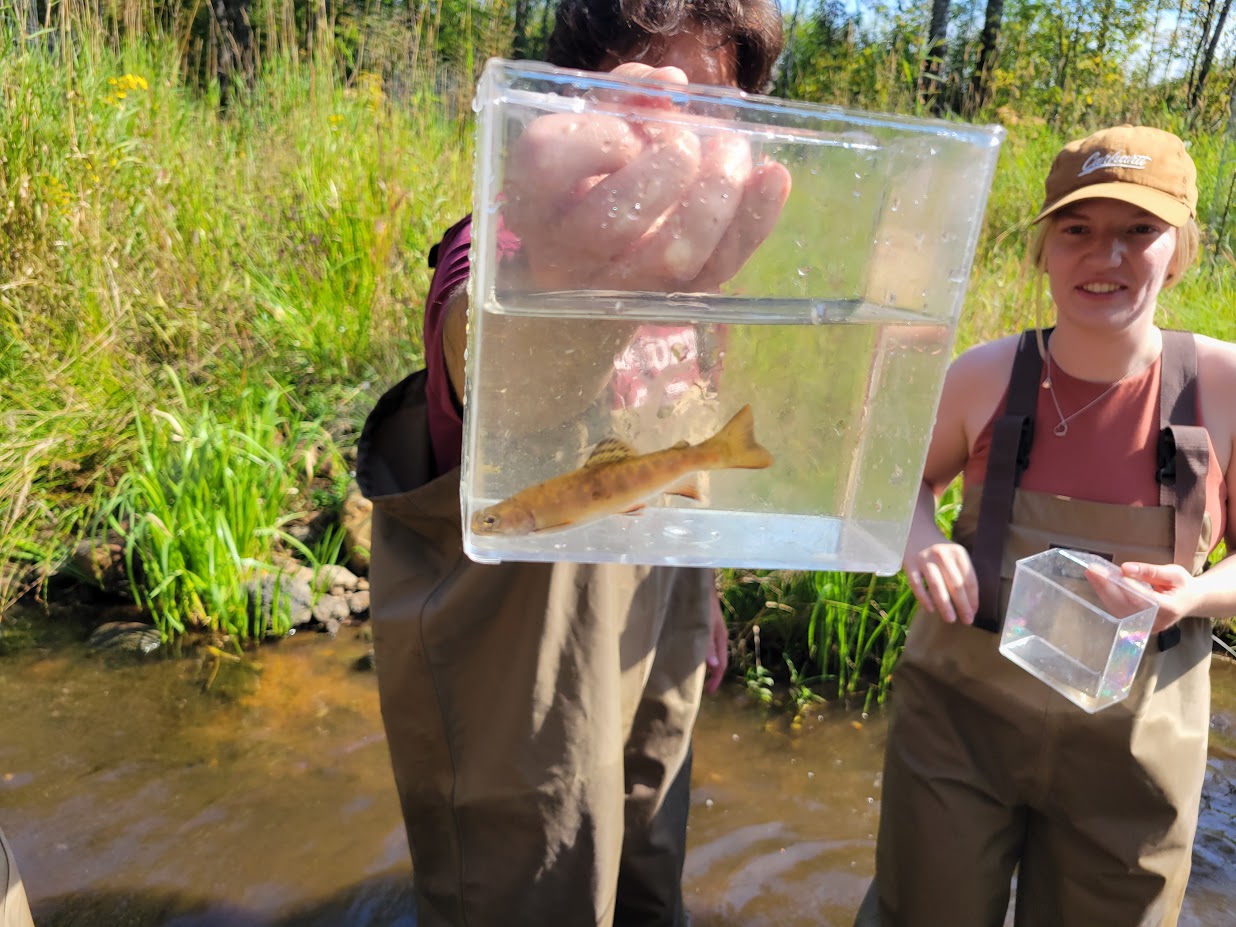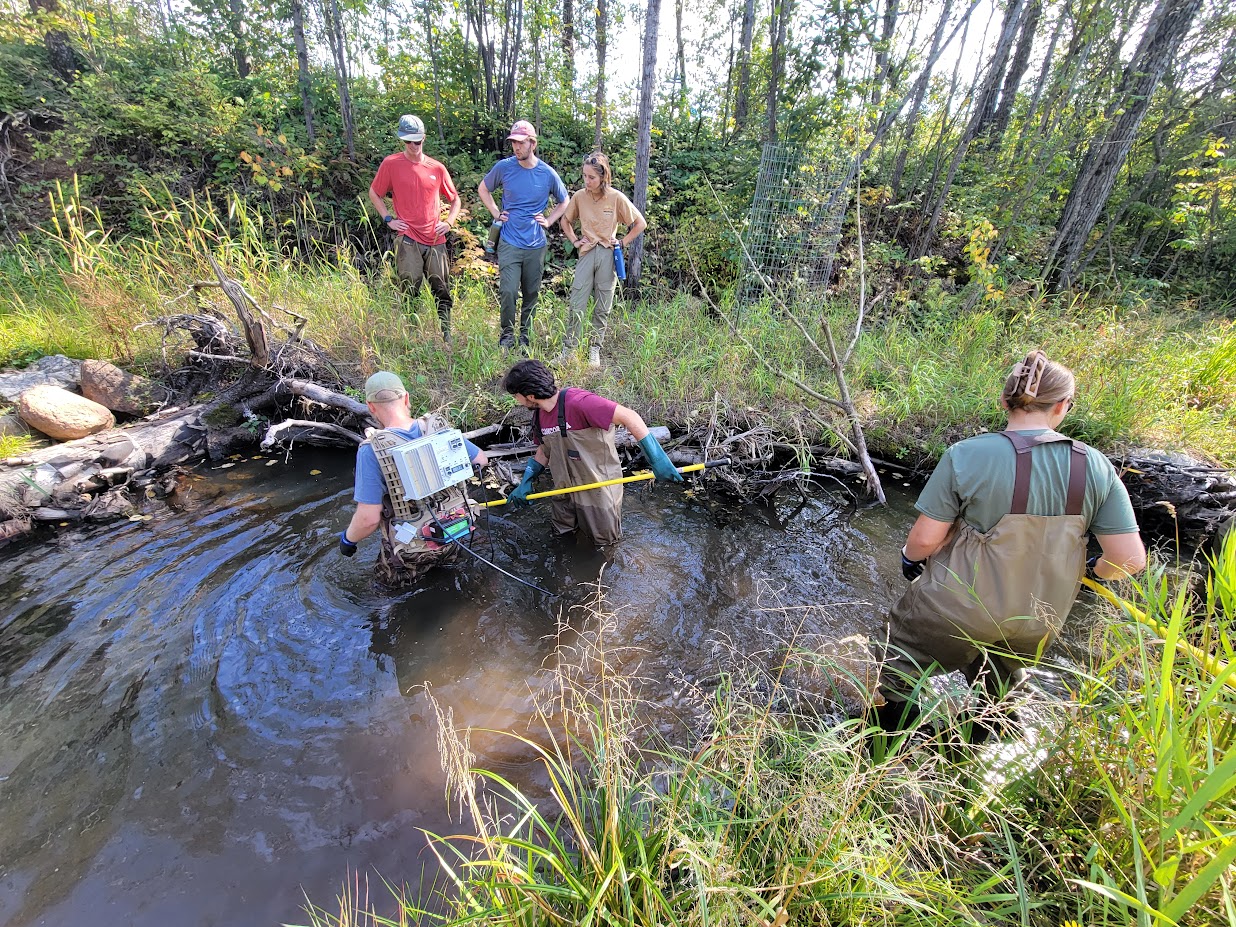A popular PEAK opportunity at Concordia College is Psychology 326 – Advanced Developmental Psychology: Aging, taught by Phillip Lemaster.
The course focuses on interactions between the young and the elderly; many young people have limited interaction with older people outside of their families, leading to an information deficit and ageism. 40% of the course takes place at Eventide Senior Living Communities, an independent living facility near Concordia’s campus, where students and elderly residents can interact and learn from each other.
“Eventide is right next to campus, and for so many people- it doesn’t even enter their mind, it’s invisible. Older people tend to be separated and segregated into institutions, and they become more forgotten. And that’s one thing that’s so powerful too… having young people there, interacting with them,” Lemaster said.
Lemaster stated that young people tend to not be interested in jobs that interface with older adults, even though they are part of a growing job market, provide new experiences, help eliminate age-related biases, and provide fun interaction. Geriatric programs are dying across the country, as there is less focus on aging populations. He also referenced a study on loneliness from 2022, that found that the loneliest parts of people’s lives are often young adulthood and old age.
As a part of the course, students had to propose ways that Concordia could make the health and well-being of older people better. Some student ideas involved the class or even different departments; one idea was that music ensembles could perform at Eventide: one such performance happened in September.
Lemaster stated that there are many audiences for learning Advanced Development. Aging would be beneficial for students who are interested in health related professions, students who would like to stretch themselves by confronting their biases and students who want to learn by having fun.
Another PEAK opportunity is Biology 409 – Limnology, taught by Micheal Bush, which focuses on the study of freshwater ecosystems.
“Limnology is the study of freshwater, and as an aquatic ecologist, I focus really strongly on ways that we, as a society, are impacting our freshwaters. And in turn, how do things like fish, phytoplankton, and plants respond to our management decisions. And then, how can students help support how many thousands of lakes and river miles in the state, as well as in- I have a lot of students from North Dakota and Wisconsin as well,” Bush said.
The PEAK portion of the class includes an intensive research project on a lake, speaking with someone who manages said lake, and creating a puppet to be presented to children at Cobber Kids. The puppet has to look like a non-charismatic species, such as dragonfly larvae, and the presentation focuses on the challenges of science communication.

Recently, the course included a four day and three-night trip to the North Shore; students went to a U.S Forest Service station near Grand Rapids, where they observed a model of the effects of climate change on ecosystems in Minnesota.
Bush stated that he would prefer to plan a longer trip, possibly over fall interim, but the arrival of winter means that the trip usually has to be in September.

Bush stated that Limnology would be beneficial to biology students, anyone who is interested in natural resource- specifically water- management, and anyone who is outdoor-minded.
Also, Bush explained that he wanted to file the paperwork to make another course, Biology 327/Environment 327 Conservation Biology, a PEAK opportunity.
Over spring break, on a nine day trip, students traveled to Texas to meet with Parks and Wildlife workers, spoke with graduate students about conflict between humans and bears, and camped. The course is offered every other spring semester, meaning that it will likely be a PEAK opportunity in 2026.

